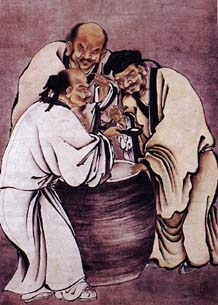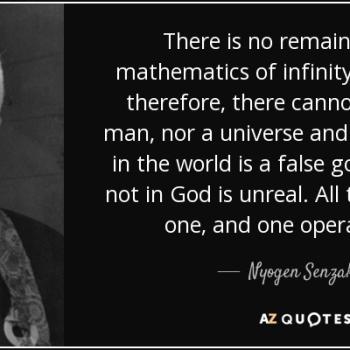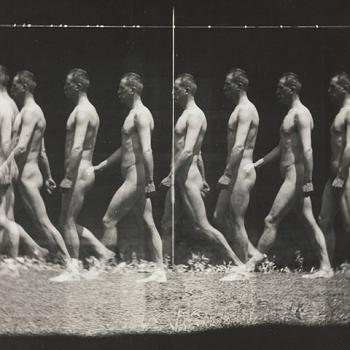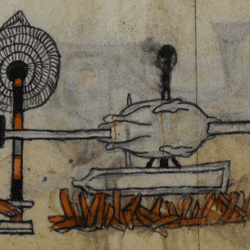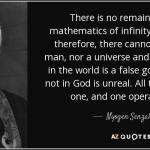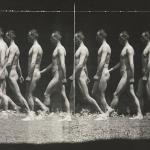In my opinion the only great Unitarian Universalist theologian, that is the only great religious thinker associated with the consolidated Unitarian Universalist denomination so far is James Luther Adams. I love that Adams was teased by his colleagues for believing in “salvation by bibliography.” I think it touches not only on what Adams brought to the table, but also to what a liberal spirituality might look like. I believe there is a potential treasure-trove of the heart to be uncovered in reading widely within the world’s spiritual traditions.
I suggest it can be a significant part of a mature universalist spiritual discipline, that is for anyone who believes there is wisdom scattered throughout the world and usually preserved within the world’s various faiths.
And so to help you get started here are a few shorter ones:
First, from the Hebrew Scriptures I recommend the Psalms of David and my all time favorite biblical text the Book of Job. (I’m including links to the Zen Buddhist influenced versions by Stephen Mitchell. With these and frankly for any other, if you decide to go deeper you should explore the range of versions for these documents…) If you haven’t yet read it, I recommend the Gospel According to Mark. And if you want to move into the more psychedelic end, the Gospel According to John.
Among Hindu classic the Bhagavad Gita is both brief and compelling. I think any religiously literate person should have read the Confucianist classic the Analects. We should all have read the Taoist classic the Tao Te Ching.
I also believe we should read the Koran. Preached a sermon on that one not long ago.
And if you want an example of a scientific spiritual classic, at least in my opinion, you might try Edward O. Wilson’s Biophilia. (For a longer text, Charles Darwin’s the Origin of Species is a literary masterwork. Together with a head’s up, there’s another “version” with the same title as the one I’ve linked to, the 150th anniversary edition, but edited by an anti-evolutionist activist Ray Comfort. Buyer beware!)
As we undertake this discipline of reading the world’s religious texts, at least the short ones, I believe we don’t find one faith necessarily completes the other, but the possibility that each completes all. We don’t have to believe any of them were dictated by God but rather all we need is to think maybe, possibly, somewhere within them, they do contain pointers on the way, hints at what we might find as we look within our own hearts. We need only read humbly, with open hearts.
So, for instance, I found as I read the Koran that way I was challenged, constantly. There were parts that deeply offended me. And I found profound resonances with parts of my heart I barely knew existed. I was particularly moved by the constant refrain calling us to a God that is love and power and joy. Did I believe it? Well, maybe just a little bit. But that little bit was something wondrous. For me it spoke to that saying of Mohammed that if we take a single step toward God, he will run toward us. I read the Koran and I got a little bit of what that might mean.
And you might, as well. But, the joy of taking on this discipline of salvation by bibliography is that it will take you on a journey into your own depths, point you on your own way, and take you to, well, only you will know.


